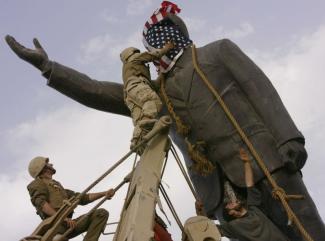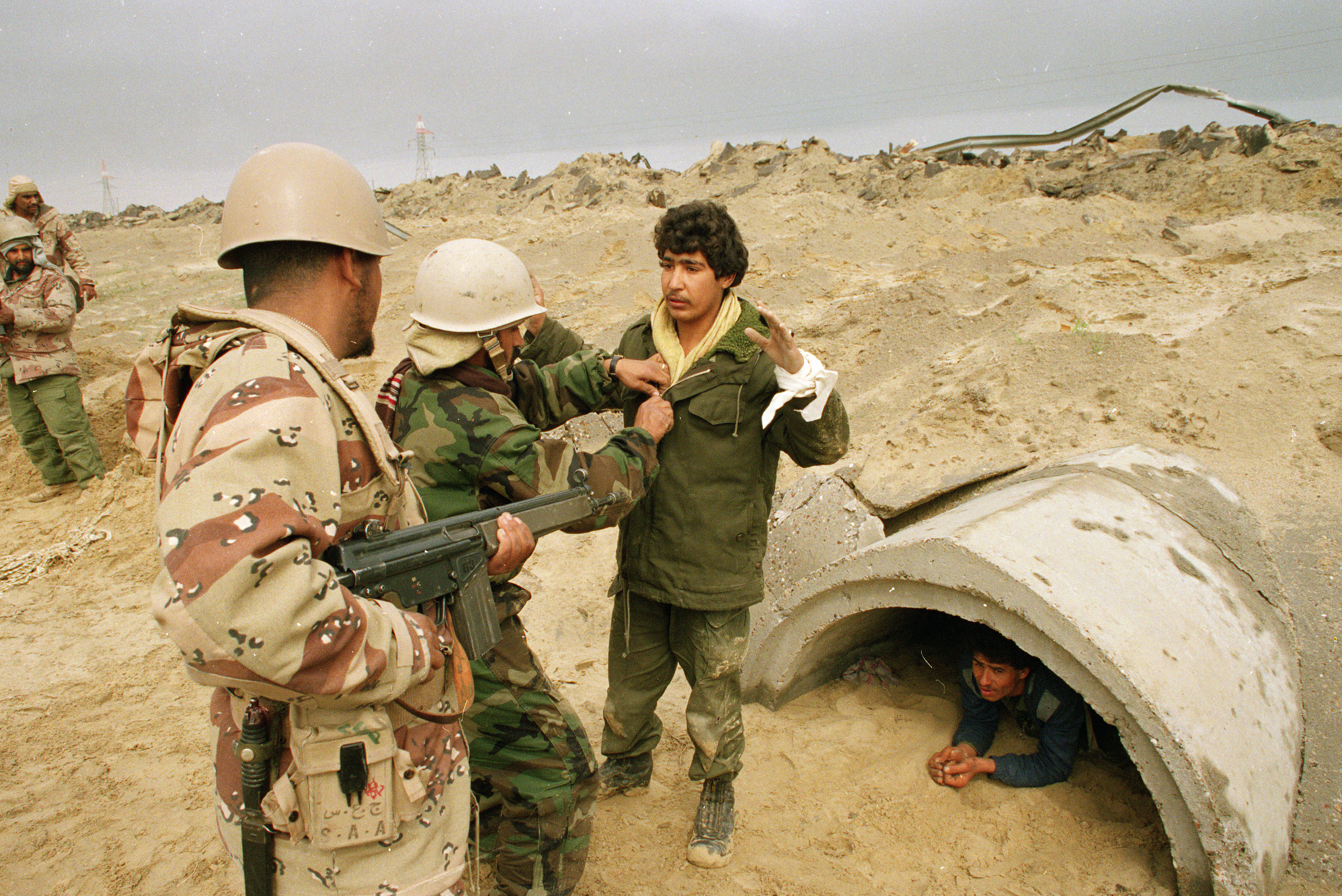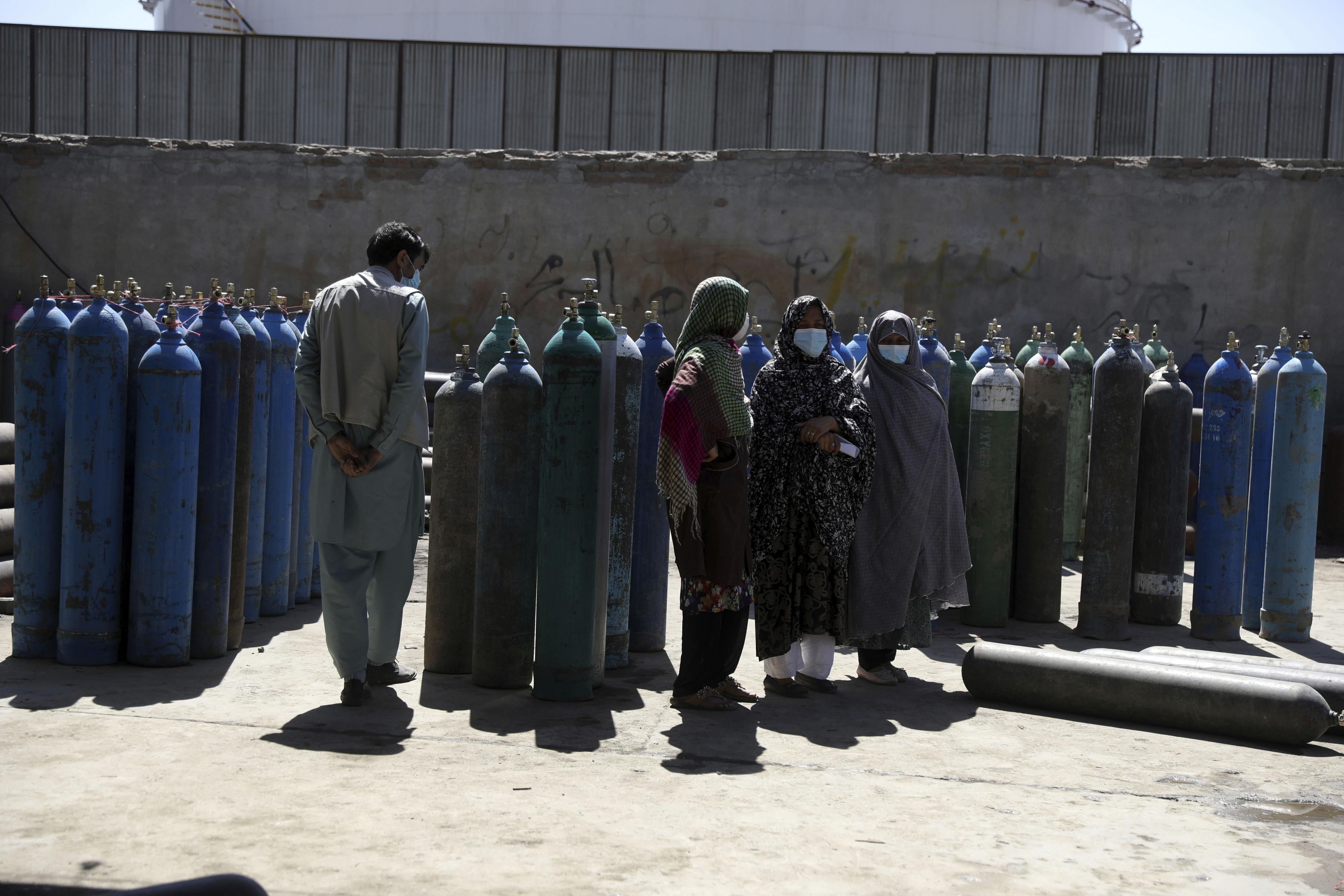Multilateral order
Fading western doctrines

Schulenburg’s book “On building peace” (see main article) reveals him to be a fierce critic of western powers. In his view, especially – though not only – the USA has arrogantly tried to impose its ideas and values on the international community. As a consequence, most multilateral attempts to rebuild failed nation-states did not deliver the desired results, but even compounded the problems, as the author points out.
One of his examples is Libya. He argues that, though NATO intervened with a UN mandate to protect civilian people in Libya in 2011, the country is now in a worse shape than before. It is stuck in lasting civil strife, and the irony is that it had had one of the region’s highest human-development levels before the crisis.
Schulenburg is a German citizen and has served as a UN assistant secretary general. His assessment is that the NATO approach of “light intervention”, which relied entirely on air strikes, did nothing to promote a sense of nationhood or build state institutions, allowing various rebel militias to take hold. He insists that the intervention has weakened the legitimacy of western powers in the entire world region as well as reduced the credibility of liberal democracy as a global model. Moreover, he points out that NATO undermined R2P, the UN principal of the responsibility to protect, by using the humanitarian mandate to drive regime change.
Schulenburg’s assessment of the Iraq war is equally devastating. He finds it bizarre that troops from the USA and Britain expected to be celebrated as liberators when they toppled autocratic President Saddam Hussein in 2003. After all, both countries’ track record was not good in the eyes of Iraq’s civilian people, who, for years, had been exposed to allied air raids.
It also matters that Iraqis were keenly aware of western powers having supported Saddam Hussein in his war against Iran the 1980s. They also remembered that Britain had not lived up to its pledge of granting Mesopotamia independence after the defeat of the Ottoman Empire in World War I. In Schulenburg’s eyes, the USA and Britain were obviously guilty of double standards. Moreover, they intervened without an explicit Security Council mandate, and thus weaken the authority of the UN.
The author argues that the idea of liberal democracy being the answer to the question of failed statehood has been proven wrong. Otherwise, the issue would not keep haunting the international community. He warns that formal elections normally do not solve the problem of national ownership in post-crisis settings. The reason is that they tend to add up to something like an ethnicity census that reads to the dominance of a specific group, without contributing to substantial policy deliberation.
Schulenburg adds that the kind of constitution, which is the foundation of western democracies and typically emphasises individual rights, cannot simply be replicated in non-western cultures. Nation-building, he argues, is a long-term endeavour that must first establish rules for the peaceful coexistence of diverse communities. In his experience, it is counterproductive when western experts contribute to drafting new constitutions fast after civic strife.
Reference
Von der Schulenburg, M., 2017: On building peace. Rescuing the nation-state and saving the United Nations. Amsterdam: University Press.













